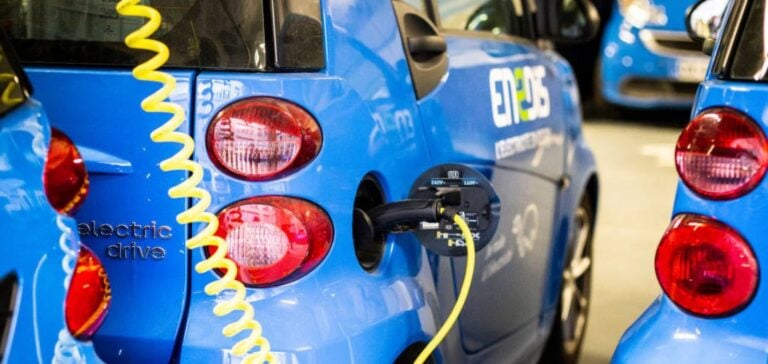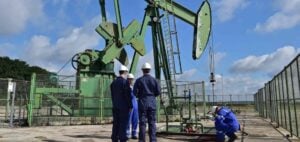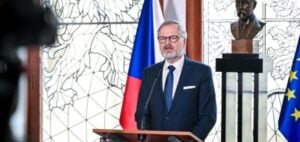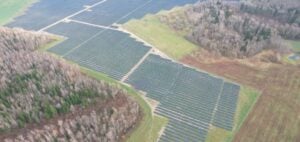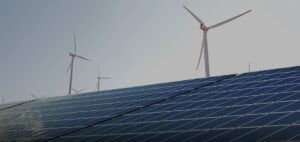Enedis has announced the need to invest more than €5 billion per year between now and 2032 to connect new electric vehicle charging infrastructure as well as new solar and wind farms to the electricity distribution network. This historic amount of investment represents a 75% increase over the annual average of the last forty years.
A preliminary network development plan has been presented by Enedis to encourage its industrial partners to invest calmly and hire to meet the growing demand for energy. The plan will evolve according to the next energy roadmap that the government must soon vote in the law of multi-year programming of energy (PPE) for 2024-2033.
A triple challenge for Enedis
In addition to the need to connect new green infrastructure to the electrical distribution network, Enedis faces three major challenges. First of all, the rise of the electric car, which will require a large and fast recharging capacity. Secondly, France’s catching up in solar and wind energy, which requires the modernization of electricity distribution infrastructures. Finally, the need to improve the network’s resistance to climatic risks such as storms or heat waves.
In order to finance these massive investments, Enedis plans to use debt in a controlled manner and to increase the electricity transmission tax charged to the final consumer, or Turpe. This tax represents about 30% of the electricity bill and also finances the investments of the high voltage lines manager RTE.
A total investment of 96 billion euros is planned between now and 2040 for all electricity distribution infrastructures in France. Enedis itself is accelerating its hiring this year to meet the growing demand for energy and to face the challenges ahead.

